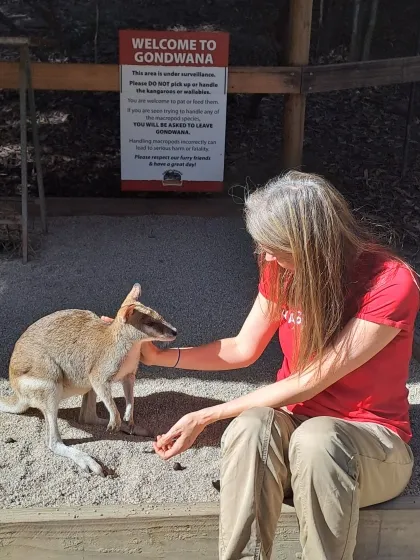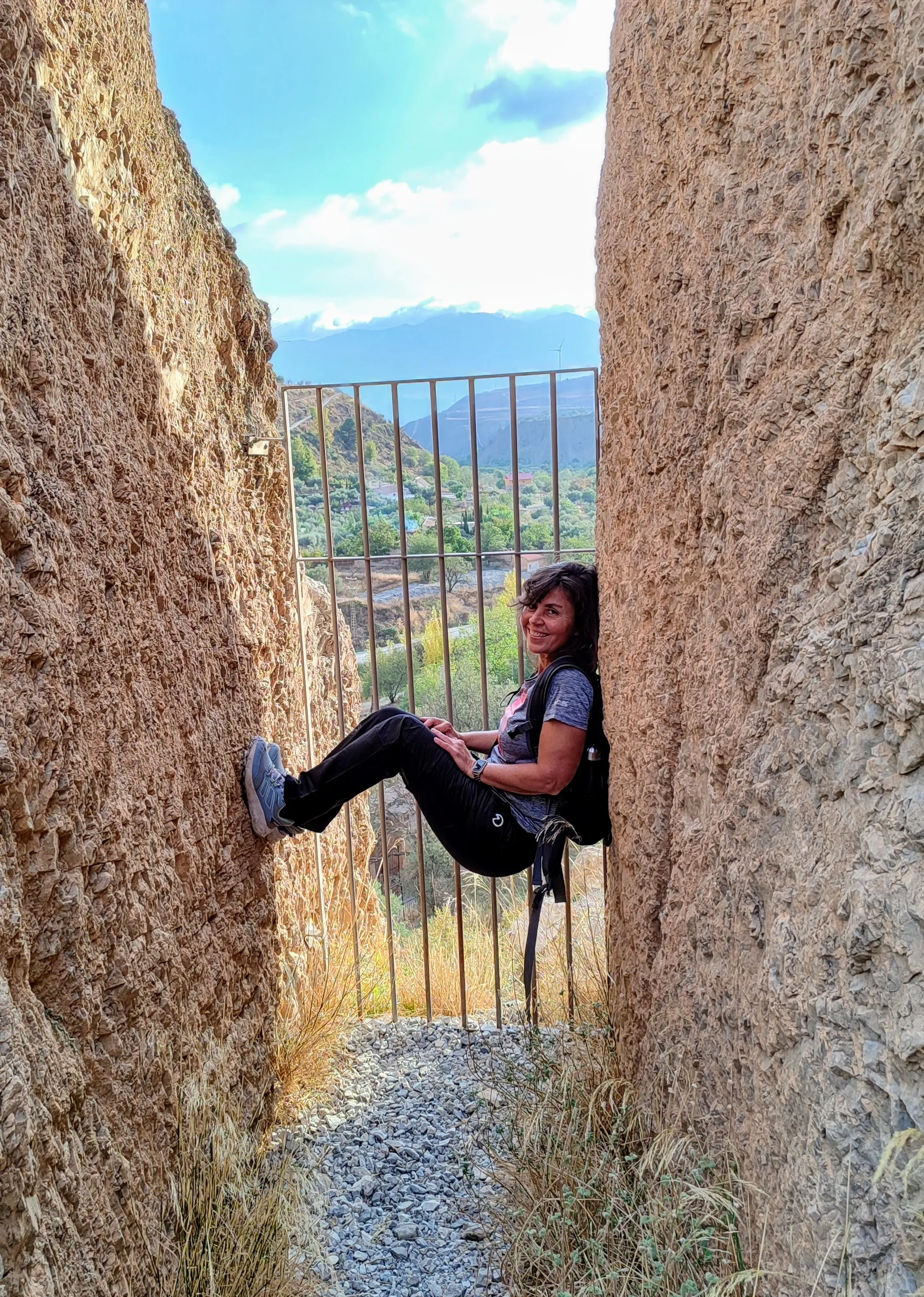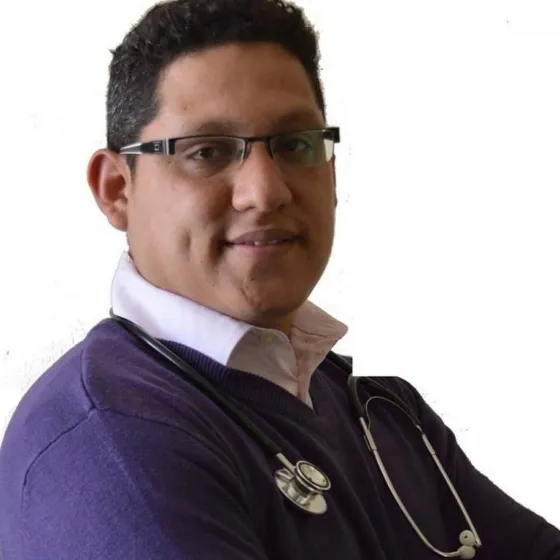Good afternoon everyone
Today I come to tell you a phenomenon that usually happens to me and I do not understand why, and it is that all foods raise my glucose.For example, this afternoon was stable at 108 ml/dl and I have eaten a piece of cured cheese on whose nutritional label 0 carbohydrates.Well, half an hour later I am 155. How do you explain this?
And another thing even rare is that sometimes I get up while I am cooking, even without having ingested anything !!!I have the suspicion that hunger or the smell of food must trigger some type of response in the body that makes glucose release.
Does it happen to you?Any doctor in the room that can tell us about the subject?
Thank you
DT1 desde mayo 2023 🍭
Hipotiroidismo subclínico, normopeso, 33 años
Toujeo + Novorapid 🖊️🖍️
It occurs to me, so I observe in my son, which are still affecting other factors (cortisol, that is, stress) that affect blood glucose, or even a mild cold that you are studying.
Madre de adolescente DM1 (nacido en 2008), con DM1 desde 17/11/2023
Abasaglar 19
80-150 Raciones HC/día, dependiendo mucho de los planes y del deporte.
Sensor FreeStyle Libre 3
Madrid
It's weird, because cheese fats could climb but they would do it too late, not half an hour ...
DM 2 con páncreas agotado desde diciembre 2020. 51 años entonces.
HG diciembre 2020: 15.9. Última HG: enero 2025 6,1
Abasaglar 10 unidades. Metformina, 1000/0/1000. Humalog junior: 2 unid en desayuno y luego en función de lo que coma.
The stress can be (I have a 4 -month -old baby and I don't sleep).The Catarro no.But what I explain happens to you very often, almost daily I could say.I don't know…
DT1 desde mayo 2023 🍭
Hipotiroidismo subclínico, normopeso, 33 años
Toujeo + Novorapid 🖊️🖍️
There are many factors that rise glycemia, fats and proteins also rise, although more slowly, stress, climate, not sleep well, hormonal in women, endless things.
No signature configured, add it on your user's profile.
Everything rises glycemia, not just hydrates.We need insulin for everything: fat and protein as well.
Fats, such as cheese, do not always go up later, depends on what we eat in addition to cheese and our metabolism.
In a barbecue of only meat, without fat, as the time goes up.
Lada enero 2015.
Uso Toujeo y Novorapid.
And there may be sensor errors sometimes ..
Hija de 35 años , diabética desde los 5. Glico: normalmente de 6 , pero 6,7 la última ( 6,2 marcaba el Free)
Fiasp: 4- 4- 3 Toujeo: 20
BUEENASS COMPANIONS !!!!
Indeed, as @ruthbia says fats and proteins also require insulin, especially and for us .. Depending on the quantities we will notice or not ...
If you want to look for more detailed info, look for "gluconeogenesis" there you will see how the body has several paths to obtain glucose.
At the diabetes level, they treat it as UGP to calculate how much insulin we need but landing it to our day by day.
Normally and I say normally ...
Fats face glycemia around 4h of intake
THE PROTES AT 3H
And if in the intake they prioritize these elements rather than even hydrate .. that hydrate instead of giving your face at 30-40min at least does it to me about 1: 00h-1: 30h
With respect to protéin it depends a lot on the amino acids that compose it because some if they are glycogenic and others do not ... the fish normally has less so we see that he hears ... as white fish and flat glycemia ... I like aTernera chuleton and there is the ostia ...
These things in the end one learn them based on why ... fo*nes I get up and it is because in the end you have to be "nutritionist" to understand it .... encouragement and I hope it helps you because this clarifies many times as we shouldAct and especially avoid early hypos when we have copious meals.
No signature configured, add it on your user's profile.
It seems that glucose goes to his ball in each of us.I think I remember that the first post that I put in this forum was because to me the old sheep cheese (it is my favorite food and has 0 HC) shoots my blood glucose.It seems that we are twin souls ...
Diabetes tipo 2 desde 2014, 850 mg de Metformina al día, neuropatía periférica desde 2020
marine said:
bueenssss companions !!!!
Indeed, as @ruthbia says fats and proteins also require insulin, especially and for us .. Depending on the quantities we will notice or not ...
If you want to look for more detailed info, look for "gluconeogenesis" there you will see how the body has several paths to obtain glucose.
At the diabetes level, they treat it as UGP to calculate how much insulin we need but landing it to our day by day.
Normally and I say normally ...
Fats face glycemia around 4h of intake
THE PROTES AT 3H
And if in the intake they prioritize these elements rather than even hydrate .. that hydrate instead of giving your face at 30-40min at least does it to me about 1: 00h-1: 30h
With respect to protéin it depends a lot on the amino acids that compose it because some if they are glycogenic and others do not ... the fish normally has less so we see that he hears ... as white fish and flat glycemia ... I like aTernera chuleton and there is the ostia ...
These things in the end one learn them based on why ... fo*nes I get up and it is because in the end you have to be "nutritionist" to understand it .... encouragement and I hope it helps you because this clarifies many times as we shouldAct and especially avoid early hypos when we have copious meals.
And how do you solve the climb of little hydrates in the hour and a half or two hours? I imagine that the rapid still lasts that tpo.As a few HC and especially at night I try cinema very few so that I do not climb me at dawn, I use three of slow, that I put in twice pq I have more resistance at night and I do see that about 3 in the morningStart up, I can't solve that, just adjusting quickly if I wake up. I have a lot of time considering doubtful possibilities but I just got hit
No signature configured, add it on your user's profile.
Thank you very much for your answers, companions !!!!!!
DT1 desde mayo 2023 🍭
Hipotiroidismo subclínico, normopeso, 33 años
Toujeo + Novorapid 🖊️🖍️
Yes, without carbohydrates can also increase blood glucose levels, although generally to a lesser extent than foods containing carbohydrates.This may be due to several factors:
Proteins: Some proteins can slightly raise blood glucose levels due to a process called gluconeogenesis, in which the body turns part of glucose proteins.However, this increase is usually less significant than that of carbohydrates.
Fats: Fats can also have an effect on blood glucose levels, although it is more indirect.Fats can slow down the digestion and absorption of food, which can cause a gradual increase in blood glucose levels instead of a sudden peak.
Fiber: Some unblocking foods, such as non -starchy vegetables, can contain fiber, which is a type of carbohydrate that the body cannot digest or absorb.Although fiber does not directly increase blood glucose levels, it can have an indirect effect by slowing down the digestion and absorption of other nutrients.
It is important to keep in mind that each person can respond differently to food, so it is possible that some without carbohydrates affect more blood glucose levels in some people than in others.In addition, factors such as the amount of food consumed, the combination of food at a meal and the insulin sensitivity of each individual can also influence how foods without carbohydrates affect blood glucose levels.It is always important to monitor blood glucose levels and consult with a health professional to obtain personalized guidance on food and diabetes control.
canal:https://youtube.com/user/tumedicodecabecera?sub_confirmation=1






